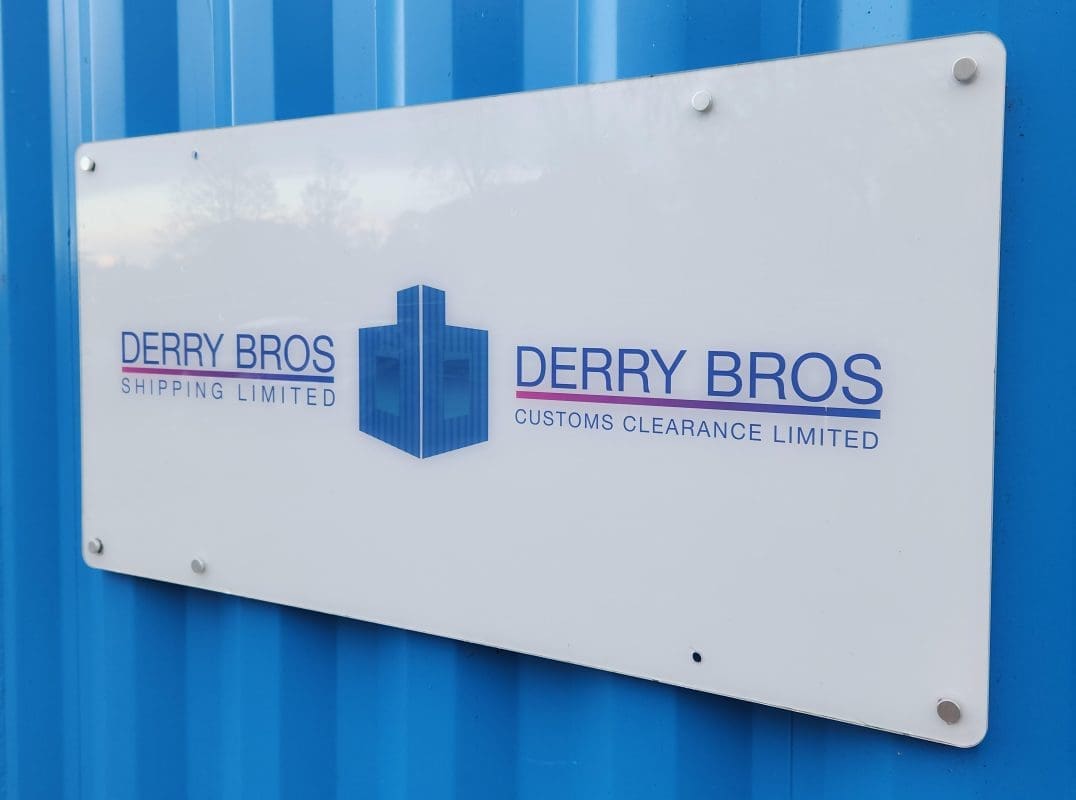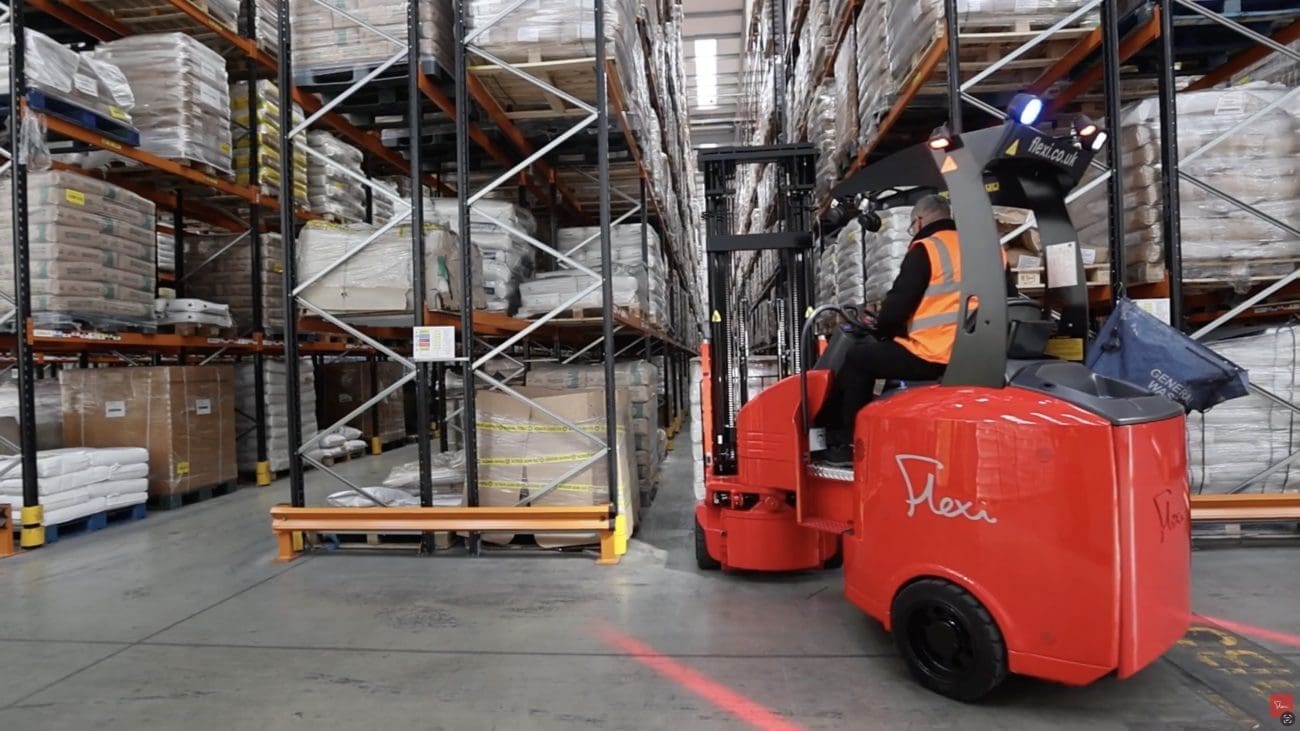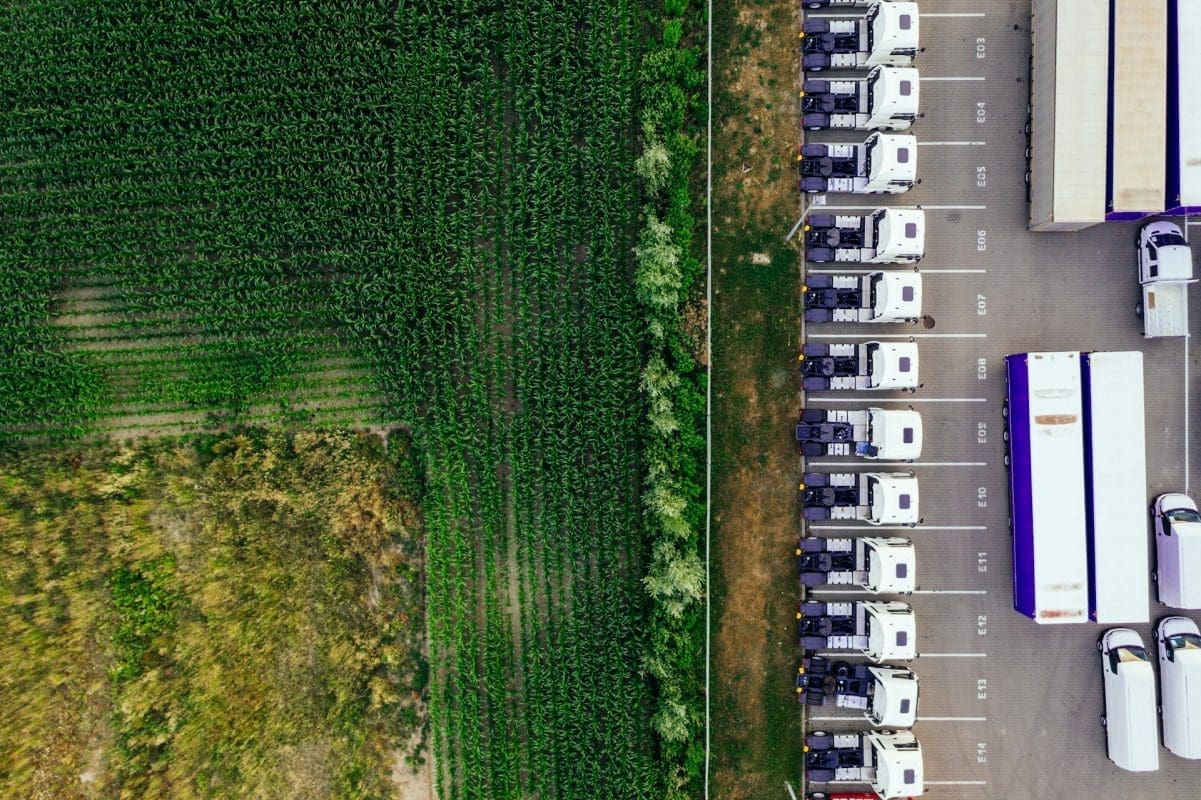- Shop All Documents + Bundles
- FORS V7.1 Document Bundle | Bronze (15 Policies)
- Transport Manager Compliance Pack (10 Policies)
- Transport Manager Compliance Pack (6 Policies)
- Health & Safety Policy Template
- Fuel, Emissions And Air Policy Template
- Operational Security Policy Template
- Serviceability And Roadworthiness Policy Template
- Road Traffic Collision Policy Template
- Counter Terrorism Policy Template
- Load Safety Policy Template
- Vehicle Routing And Scheduling Policy Template
- Driving Standards Policy Template
- Driving Hours Policy Template
- In Cab Technology Policy Template
- Passenger Safety Policy Template
- Complaints And Grievances Policy Template
- Drug And Alcohol Management Policy Template
- Hazard And Risk Identification Policy Template
- VOR (Vehicle Off Road) Policy Template
- Tyre + Wheel Policy Template
- Health & Eyesight Policy Template
- Transport Infringement Policy Template
- Walk Around Check (Defect Check) Tool Box Talk Template
- Transport Manager CV Template
- Social Media Policy Template
- Transport Manager Contract Template
- External Transport Manager Contract Template
- Driver Handbook
The CCF warns that new border inspection rules will halt EU food exports to the UK

The Cold Chain Federation (CCF) has issued a caution that European Union food suppliers to the UK may cease exports next month without a revision of the upcoming checking and inspection mandates for incoming goods, as conveyed in a communication to Defra Secretary Steve Barclay. The Federation has voiced concerns that the impending border control model could disrupt the UK’s food supply chain and escalate food prices.
The introduction of comprehensive border inspections from 30 April represents a significant obstacle for the transport of temperature-sensitive vegetation and animal-derived products, including various meats and fish. The Federation is pressing the government to take measures to alleviate the impact on the supply chain and reduce the threat to the UK’s food security.
CCF’s CEO, Phil Pluck, commented on the severe administrative burden and increased costs European Union food suppliers will face in sending temperature-controlled products to the UK from the end of April. He anticipated that many, especially smaller artisan producers, might discontinue their exports to the UK. The continued exporters may incur up to £1,000 extra per multi-consignment lorry, which is likely to be passed on to consumers as higher prices. Additionally, cost surges and food waste due to delays, disruptions, and paperwork issues are expected, with the cold chain operators and their European Union counterparts seeking clarity on the required actions.
Pluck highlighted the government’s lack of explanation on certain new process aspects and expressed serious concerns regarding the preparedness of the border control posts. He advocated for a rapid expansion of the trusted trader scheme to allow reputable operators to manage their secure inland control points, ensuring goods are safely transported and stored.
The CCF has noted numerous administrative rejections of temperature-controlled consignments from the EU due to unqualified signatures. With the broadening scope of checking and inspection requirements in April, the Federation is urging the Minister to provide guidance on the issuance of export health certificates to support continuous haulage operations, thereby preventing disruptions to the UK’s food supplies.
In January, Defra announced the implementation of border checks for medium-risk animal products, plants, and plant products from the EU, with Baroness Neville-Rolfe, Minister of State at the Cabinet Office, stating the goal of border controls is to protect the UK populace from hazards like drugs and diseases while minimizing trade disruptions. The new UK system is described as a significant advancement towards achieving this aim.












